News
Ghana makes history with first female Vice President-elect, Prof. Naana Opoku-Agyeman
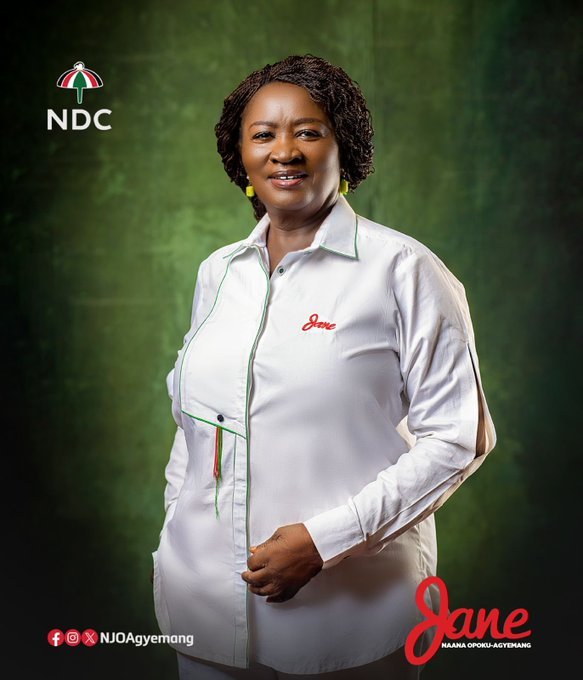
Ghana has made history by electing its first female Vice President, Professor Jane Naana Opoku Agyeman. This milestone marks a significant step forward for women’s representation in Ghanaian politics.
This is also a testament to the progress Ghana has made in promoting gender equality and women’s empowerment which has the tendency to inspire future generations of women to pursue careers in politics and public service.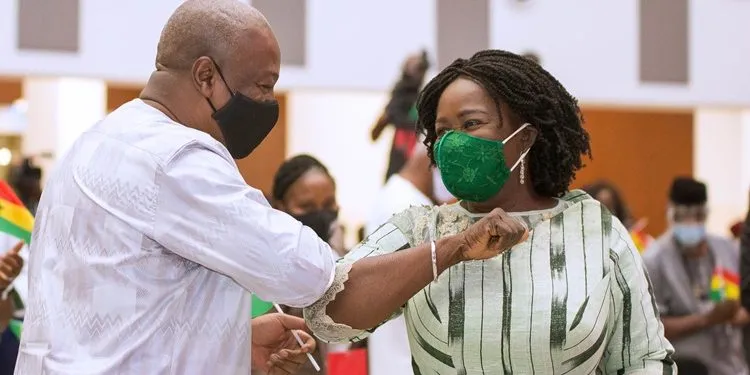
This historic feat comes at a time that Ghana’s Parliament had passed the Affirmative Action and Gender Equity law which has been assented by the President, a legal document to demand gender parity in Ghana.
Currently, the agenda to increase women’s participation in political leadership is receiving universal support through the Sustainable Development Goals (SDG) 5.5 which seeks to ensure women’s full and effective participation and equal opportunities for leadership, and at all levels of decision-making including political, economic and public life.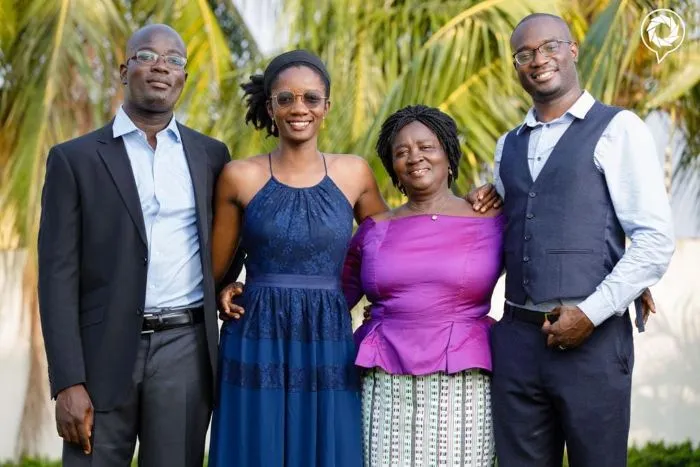
Women’s representation in political decision making continues to increase but at a dragging pace, years after the Beijing Platform for Action, which remains the world’s most comprehensive agenda for gender equality.
Globally, research by the United Nations Women (UN Women) estimates that men represent 77 per cent of parliamentarians, 82 per cent of government ministers, 93 per cent of heads of government and 94 per cent of heads of state.
Today, it is possible for one to name all of the current female leaders within few minutes, which is why whenever a woman gets to the top of an organisation or political party, it makes global headlines.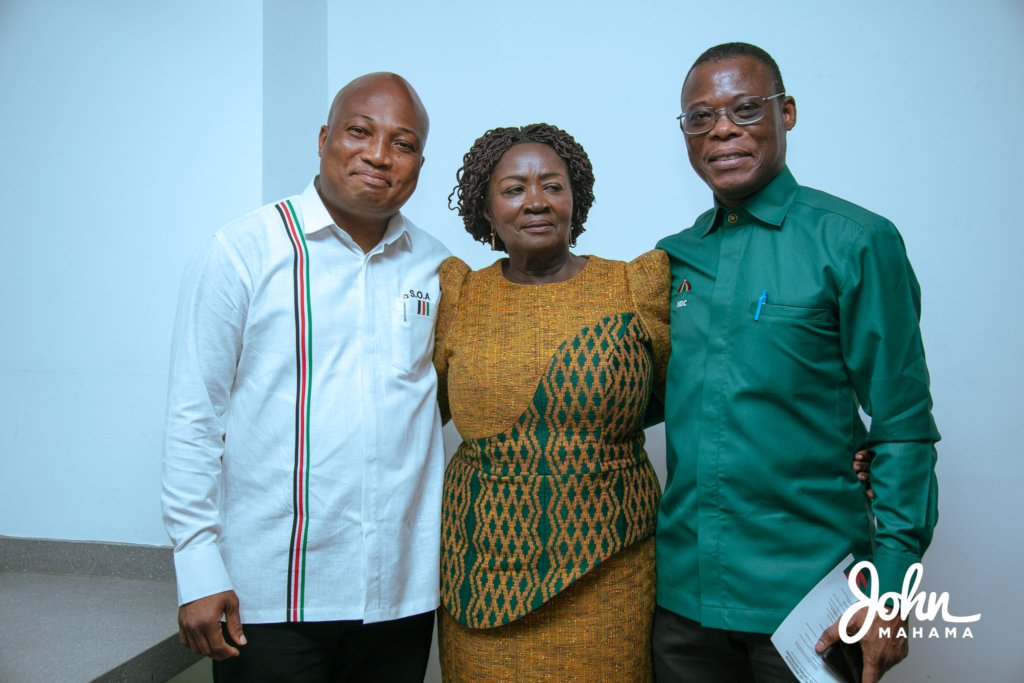
Since the nomination of Prof Naana Jane Opoku-Agyeman as the running mate of NDC’s flag bearer, many women groups have issued congratulatory messages with many women fan clubs springing up.
In order to pave way for women and girls to enter into politics in the near future, Ghana’s Vice President-elect on Monday reaffirmed her commitment to inclusivity and empowerment and vowed to pave the way for others to succeed in her groundbreaking role.
She said her election as the first vice president in Ghana’s history was not about personal glory but it was about creating opportunity for all.
Prof Opoku-Agyeman said “I know this is a big responsibility, and I don’t intend to travel the journey by myself. You are all part of it. NDC is an inclusive party, and we are demonstrating it in many ways.

“My job was to open the door and it does not end there, actually, that is where the work begins. I will hold the door open. The method is holding the door open so other wish to travel that door is what I’m implying. It is not self-aggrandising positing, it is a position that empowers others”, she said.
Prof Opoku-Agyeman called on all Ghanaian to contribute to the collective goal of improving collective growth particularly for the marginalized and vulnerable in society.
By Jemima Esinam Kuatsinu
News
Kwabena Agyepong files nomination ahead of primaries
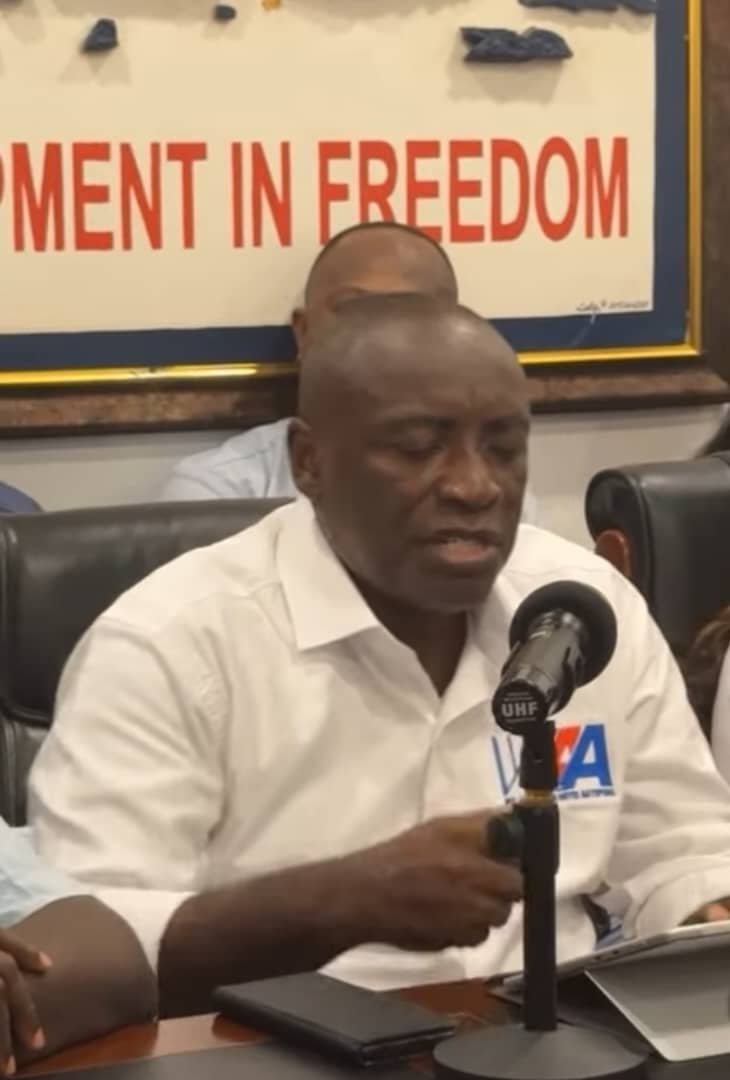
Kwabena Agyepong has officially filed his nomination to contest for the leadership of the New Patriotic Party (NPP), becoming the first candidate to do so ahead of the party’s upcoming primaries.
Following the successful filling, Mr. Agyepong told party supporters that his vision was to build a Ghana that is “economically robust, fiscally responsible, socially cohesive, and fully accountable to its people.”
He said the country faces urgent challenges, including high unemployment, illegal mining, poor sanitation, chaotic city planning, and court congestion due to land disputes.
He warned about growing political polarization and the demoralization of young Ghanaians.
Mr. Agyepong stressed the need to restore the party and national values of service, sacrifice, and selflessness.
He called for leaders who can take tough decisions and provide real solutions for the nation.
The NPP leadership race will determine the party’s flagbearer for the next general elections, with Ing. Kwabena Agyepong’s nomination marking the official start of the contest.
By: Jacob Aggrey
News
Korle Bu Dental Dep’t Gets New Digital X-Ray Machine
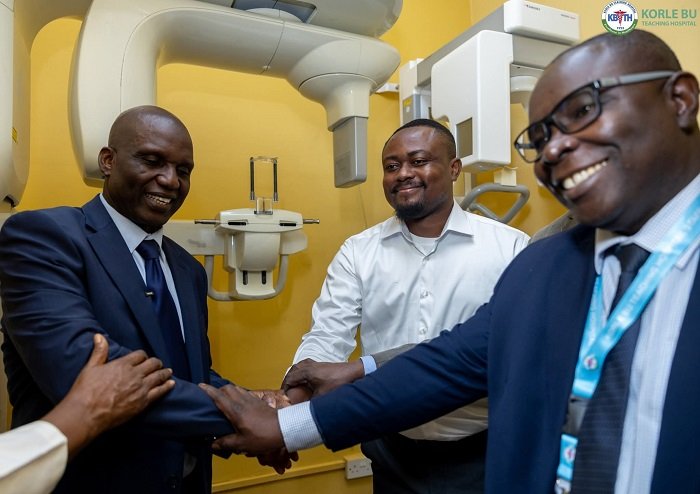
The Chief Executive Officer of the Hospital, Dr. Yakubu Seidu Adam, has commissioned newly installed digital X-ray machines at the Radiology Department to further enhance diagnostic services and improve patient care.
At the brief ceremony, Dr. Adam underscored the significance of the new machines in meeting the growing demand for advanced diagnostic services. He described the commissioning as a major milestone in the hospital’s modernisation agenda, aimed at boosting efficiency in patient management.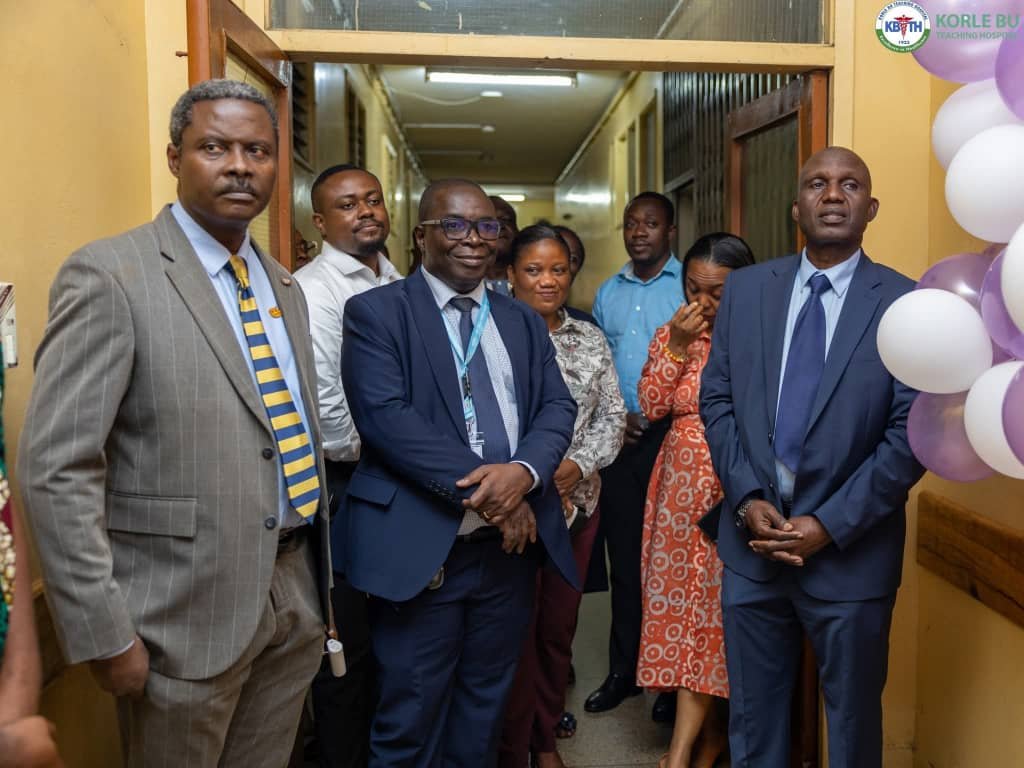
Dr. Matthew Boamah, Head of the Dental Unit, and Dr. Hafisatu Gbadamosi, Head of the Radiology Department, expressed their appreciation to hospital management and partners, Rontgen Imaging, for making the project possible. They assured that the machines will be utilised to their fullest potential for the benefit of patients.
The new equipment will significantly improve the quality and speed of imaging, especially for dental and maxillofacial cases, while minimising patient exposure to radiation. In addition, it will support teaching, research, and specialised care, further strengthening Korle Bu’s position as a leading referral centre in Ghana and the sub-region.
This commissioning forms part of the hospital’s broader commitment to upgrading its infrastructure and delivering world-class healthcare to its patients and clients.














